British fashion has always been at the forefront of style and innovation, setting trends that have swept across the globe. However, not every fashion trend from the UK has caught on internationally. Here are 21 uniquely British fashion statements that, for various reasons, never quite made the leap to worldwide popularity.
1. Pearly King and Queen Outfits
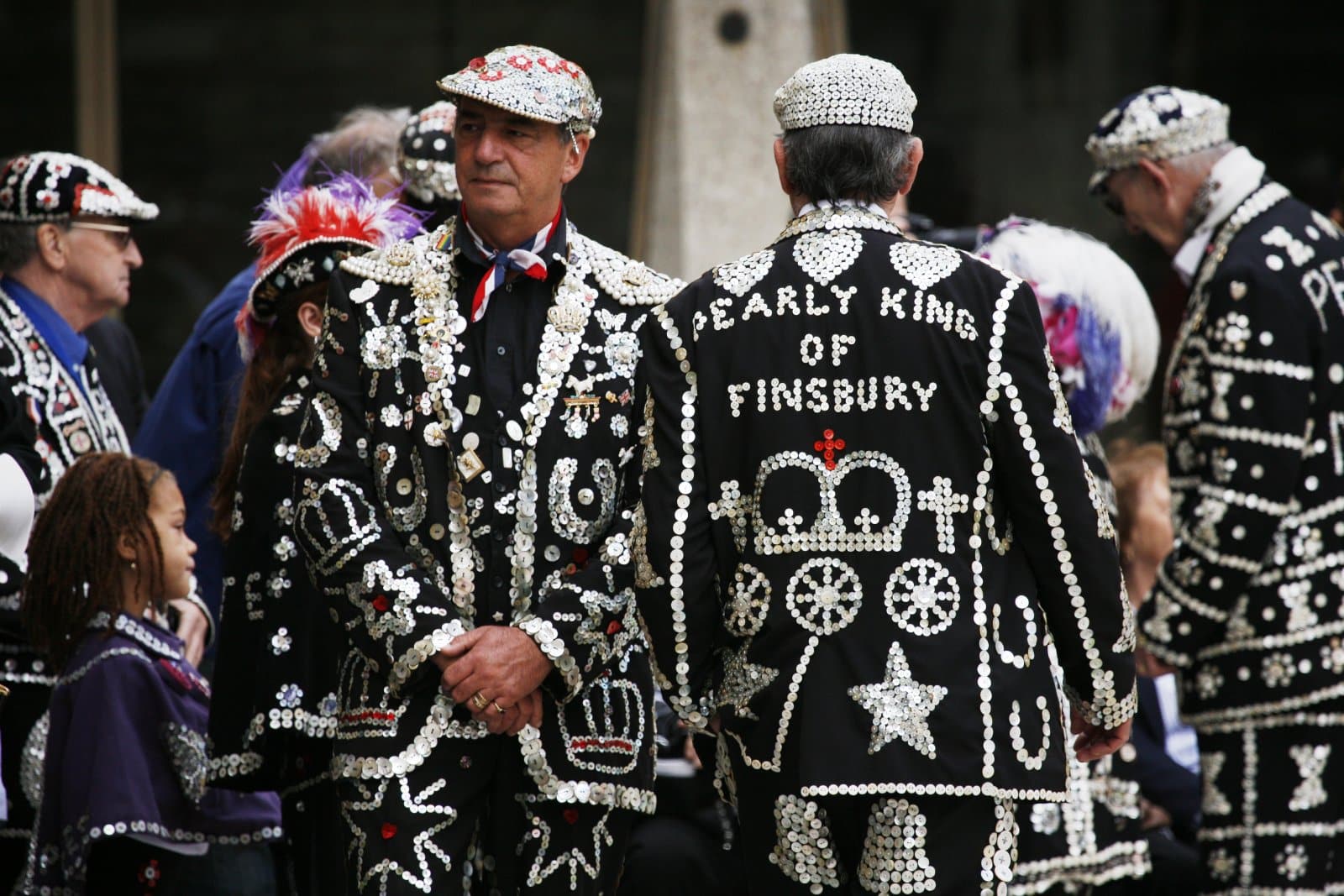
Adorned with hundreds of shiny buttons, these decorative costumes are a historic symbol of London’s working-class culture but haven’t found appeal outside the UK.
2. Morris Dancing Costumes
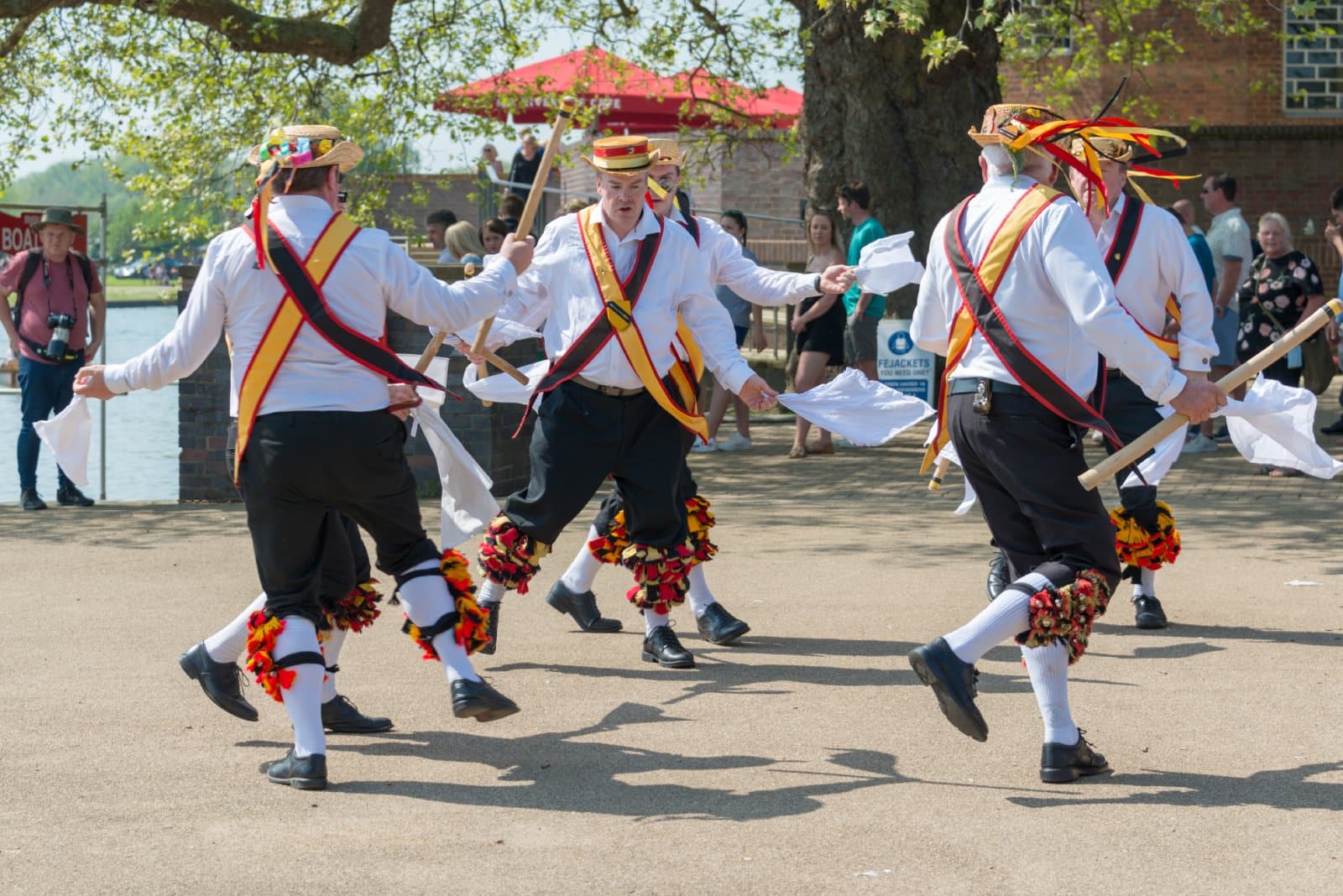
The traditional attire worn by Morris dancers, including bell pads and hats adorned with flowers, remains a distinctly British sight, seldom understood or adopted abroad.
3. Cricket Whites

While cricket is played in various countries, the classic all-white cricket attire remains a predominantly British ensemble, rarely seen or used in other nations’ sporting outfits.
4. Mod Fashion

Characterized by bold geometric patterns and bright colors, Mod fashion had its moment in the 1960s London but didn’t maintain long-term global traction.
5. Wellies at Festivals

Rubber boots, or wellingtons, are essential at British music festivals thanks to the muddy terrain, but this practical fashion statement hasn’t been widely adopted at international festivals.
6. Bowler Hats
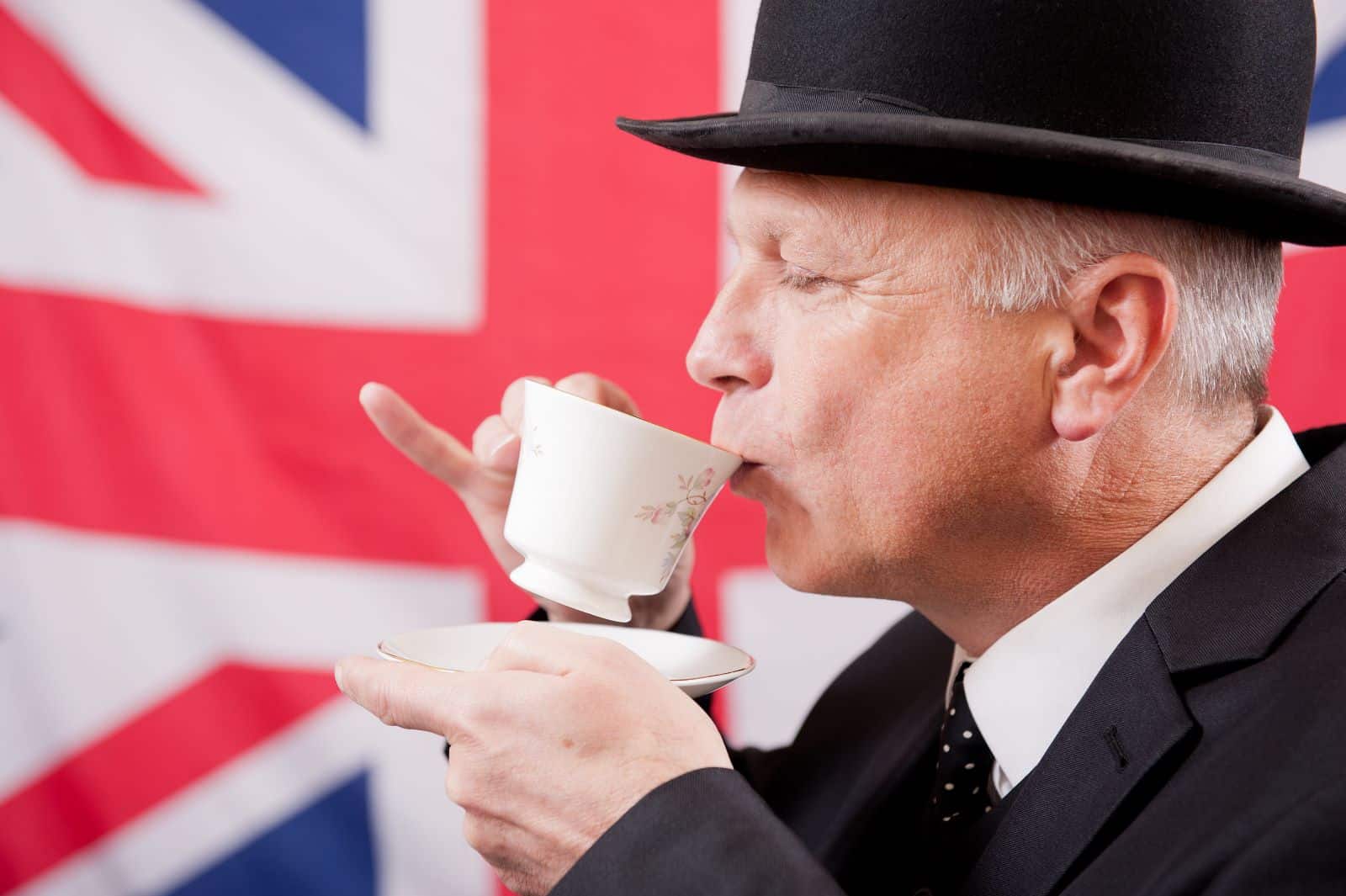
Once a staple of the English gentleman’s wardrobe, the bowler hat is seldom seen today outside of period dramas and certain ceremonial contexts.
7. Black Taxi Driver Cap

The flat cap worn by many of London’s black cab drivers is recognised in the UK but has not become a fashion trend elsewhere.
8. Ruff Collars

The Elizabethan ruff, a large stiffened collar, is now mostly seen in historical and theatrical settings, not making the cut in contemporary fashion outside Britain.
9. Chelsea Boots
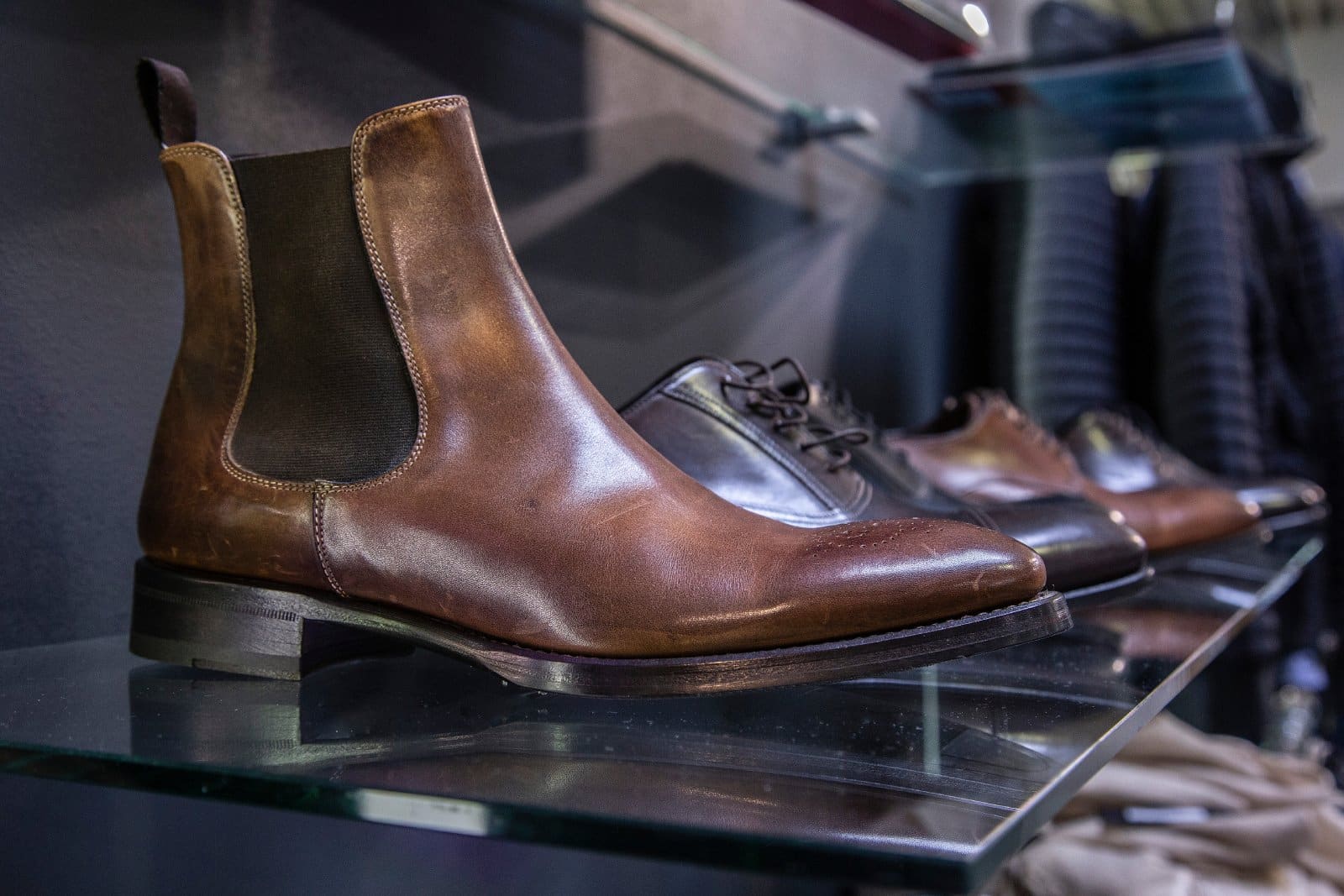
While moderately popular worldwide, Chelsea boots haven’t reached the level of global ubiquity as other footwear like sneakers or ballet flats.
10. Tweed in Everyday Wear

Tweed remains a symbol of the British countryside, used extensively in traditional British attire but not as popular for everyday wear internationally.
11. Union Jack Print Clothing
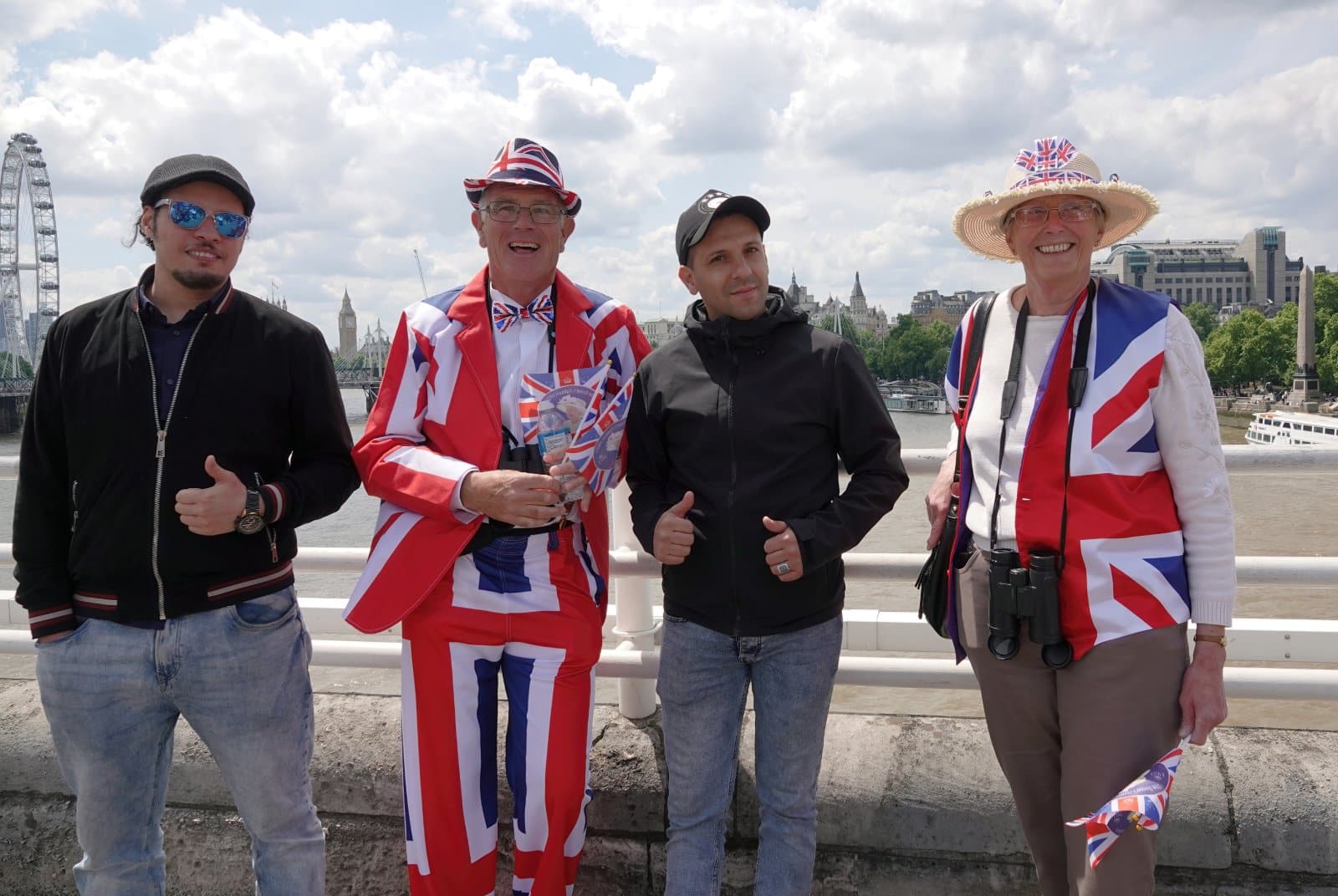
Although patriotic, clothing featuring the Union Jack tends to be worn mostly by Brits and hasn’t seen widespread international use outside of novelty contexts.
12. Spats
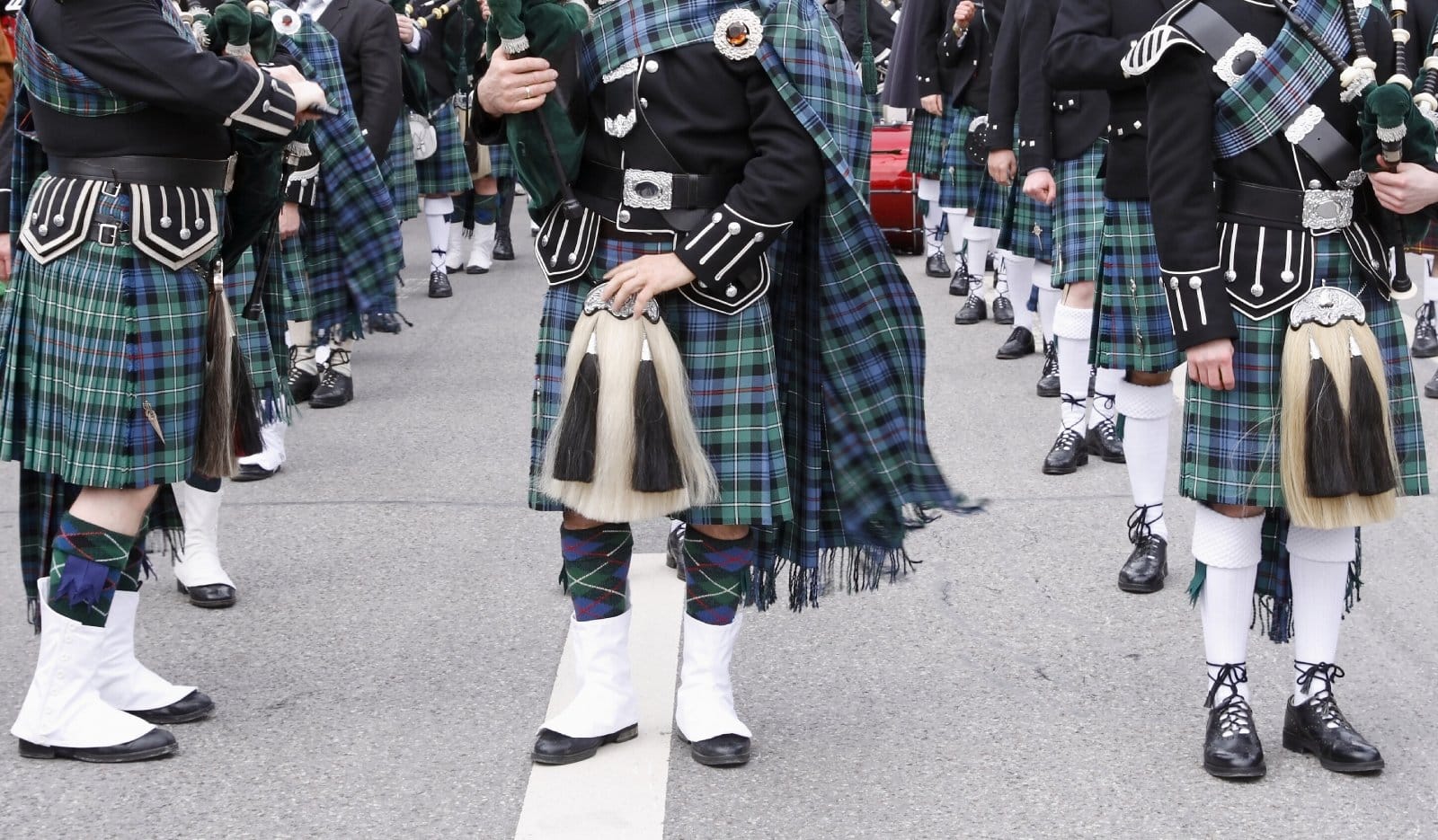
Originally designed to protect shoes from mud and rain, spats are rarely seen even in the UK today and are virtually unknown in modern international fashion.
13. Doc Martens

While they have a niche following globally, these iconic British boots never became mainstream footwear worldwide as they did in the UK during the punk era.
14. British Police Uniforms

Known for their distinctive helmets and uniforms, British “bobbies” have a look that is instantly recognizable but not emulated in other police forces or fashion trends globally.
15. Hunting Pink
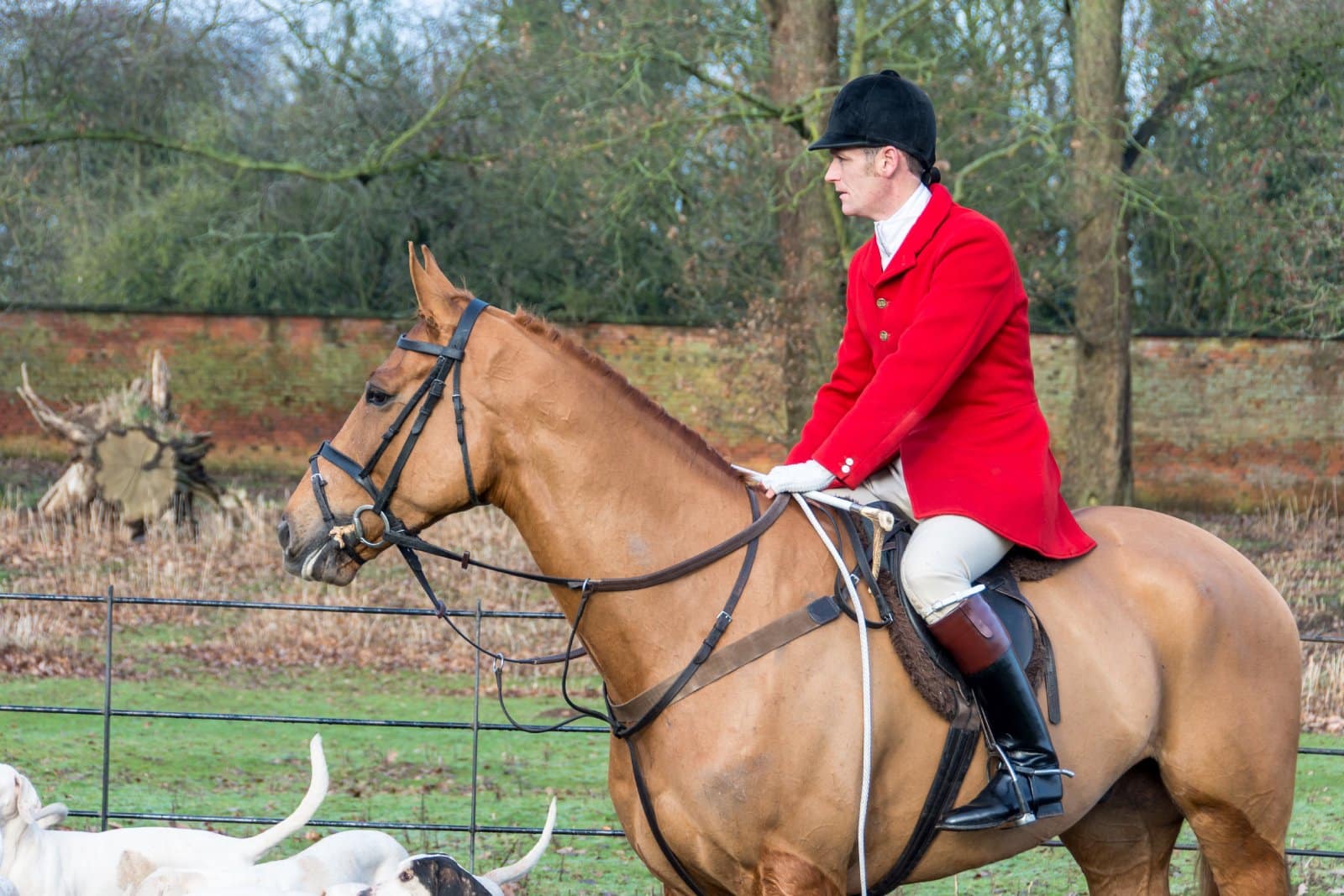
The bright red jackets worn in traditional British fox hunting are not only controversial but also have not been adopted as a fashion statement elsewhere.
16. Quilted Jackets
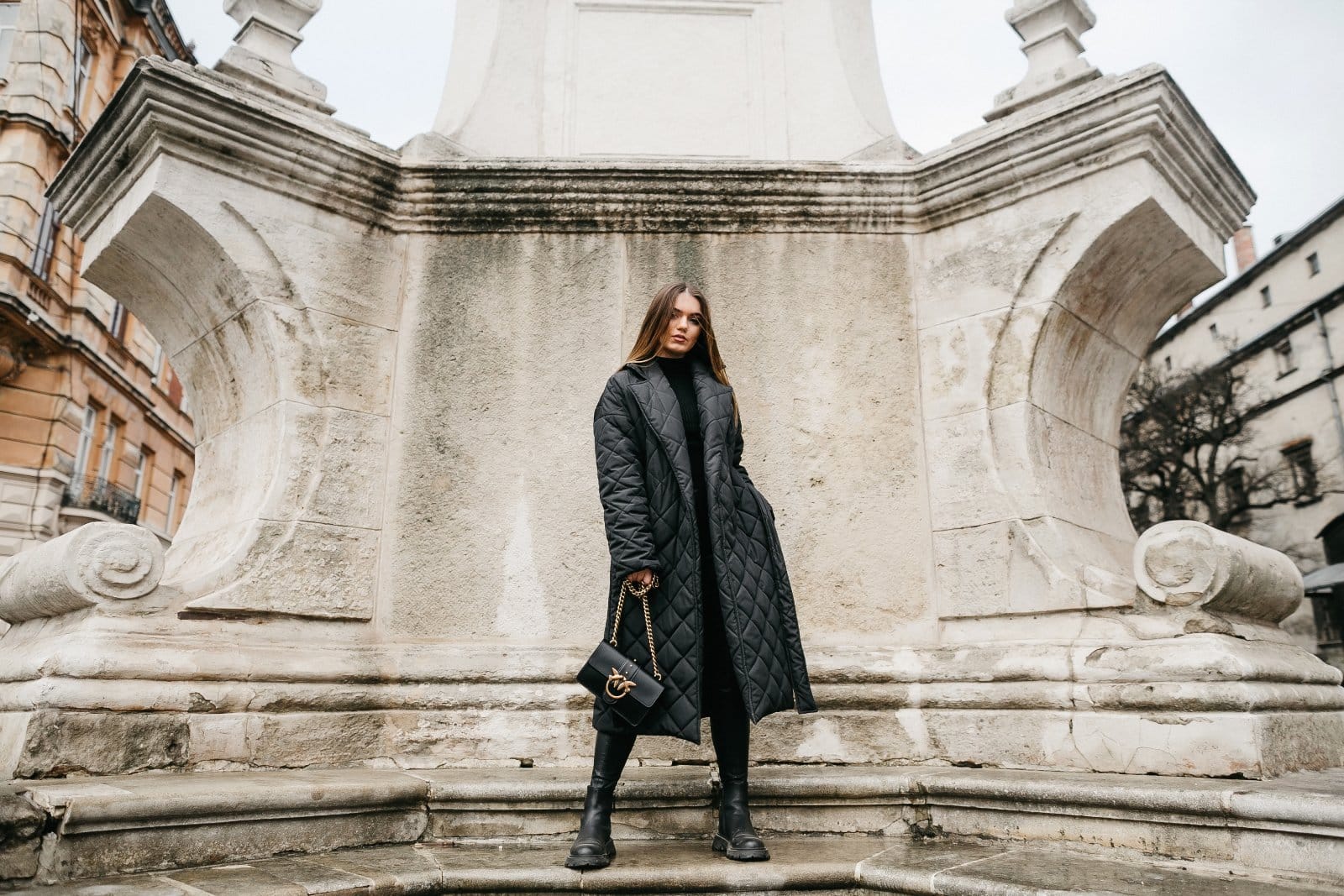
Popular in rural UK for their practicality and comfort, quilted jackets haven’t seen the same level of adoption in urban or international markets.
17. School Uniforms

The British style of school uniforms, complete with ties, blazers, and caps, is more formal than educational attire in many other countries.
18. Ascot Ties
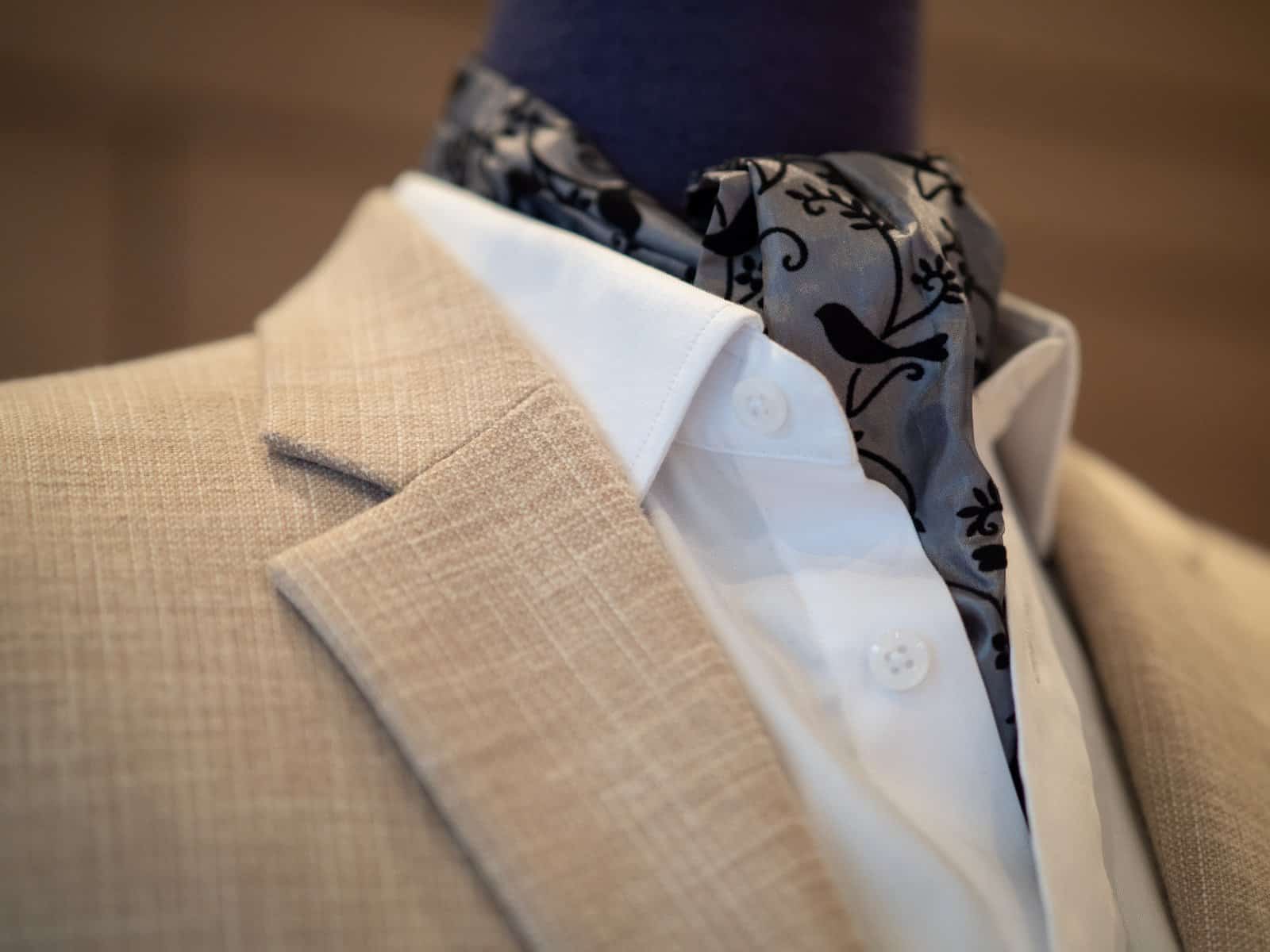
Worn at formal events and part of morning dress, the Ascot tie remains a predominantly British accessory with limited appeal abroad.
19. Beanie Hats With Propellers

While more of a novelty, these playful hats are a quirky British invention not taken seriously in fashion circles outside the UK.
20. Cagoules

This lightweight, weather-resistant jacket is practical in unpredictable British weather but hasn’t become a global wardrobe staple.
21. Deerstalker Hats
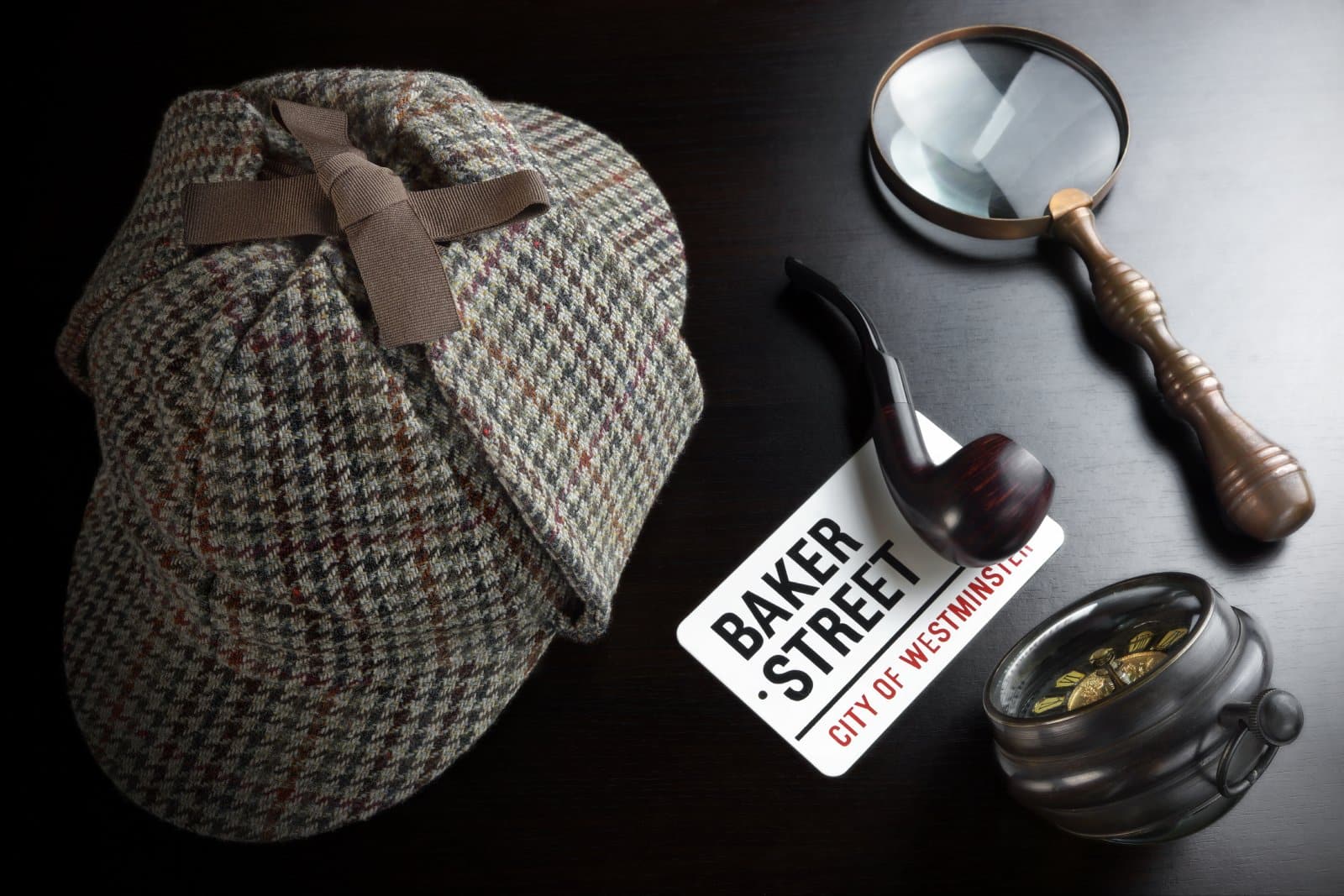
Forever associated with Sherlock Holmes, this type of hat has remained part of British cultural iconography but hasn’t been widely worn internationally.
Quirky Style

These fashion trends showcase the unique cultural fabric of Britain, illustrating how regional styles can define a nation yet sometimes remain just a local preference.
Featured Image Credit: Shutterstock / Ysbrand Cosijn.
For transparency, this content was partly developed with AI assistance and carefully curated by an experienced editor to be informative and ensure accuracy.

